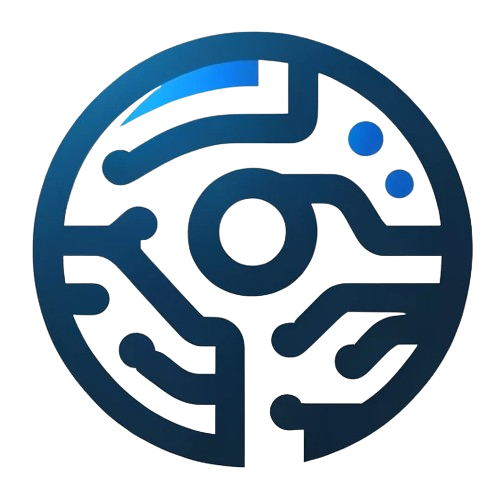Artificial Intelligence (AI) is a transformative force reshaping the landscape of technology, business, and everyday life. From its inception as a scientific discipline in the mid-20th century, AI has evolved from theoretical research to a cornerstone of modern innovation, driving advancements in various fields such as healthcare, finance, manufacturing, and entertainment. This blog post offers an introduction to AI, exploring its definitions, key concepts, applications, and the ethical considerations it brings to the fore.
What is Artificial Intelligence?
At its core, Artificial Intelligence is the branch of computer science dedicated to creating systems capable of performing tasks that typically require human intelligence. These tasks include learning, reasoning, problem-solving, perception, and understanding language. AI systems are designed to mimic human cognitive functions, making decisions, recognizing patterns, and processing natural language.
The Main Branches of AI
- Machine Learning (ML): A subset of AI that enables machines to learn from data, improving their performance on specific tasks over time without being explicitly programmed.
- Natural Language Processing (NLP): Focuses on the interaction between computers and humans using natural language, aiming to read, decipher, understand, and make sense of human languages.
- Robotics: The branch of AI that involves the design, construction, operation, and use of robots, often incorporating AI systems to perform tasks autonomously.
- Computer Vision: Enables machines to interpret and make decisions based on visual data, mimicking human visual perception.
Applications of AI: Transforming Industries
AI’s impact is profound and far-reaching, with applications transforming multiple industries:
- Healthcare: AI algorithms analyze medical data to diagnose diseases, personalize treatment plans, and predict patient outcomes.
- Finance: AI is used for algorithmic trading, fraud detection, customer service automation, and personalized banking services.
- Manufacturing: AI enhances operational efficiency through predictive maintenance, quality control, and supply chain optimization.
- Entertainment: AI powers recommendation engines in streaming services, video game development, and content creation.
Ethical Considerations and Challenges
As AI becomes increasingly integrated into our lives, it raises critical ethical and societal questions:
- Privacy: The collection and analysis of vast amounts of personal data by AI systems pose significant privacy concerns.
- Bias and Fairness: AI systems can perpetuate or even exacerbate biases if trained on skewed or prejudiced data sets.
- Job Displacement: The automation of tasks previously performed by humans can lead to job displacement, requiring strategies for workforce retraining and adaptation.
- Accountability: Determining accountability for decisions made by AI systems, especially in critical applications like healthcare and law enforcement, remains a challenge.
Looking Ahead: The Future of AI
The future of AI promises even more groundbreaking developments, with ongoing research focused on achieving greater autonomy, improving human-AI collaboration, and ensuring ethical use of technology. As AI systems become more sophisticated, their ability to enhance human capabilities and drive innovation across sectors will continue to grow, offering exciting possibilities for solving complex challenges and improving quality of life.
In conclusion, Artificial Intelligence is not just a technological marvel; it’s a pivotal force in shaping the future. By understanding the fundamentals of AI, its applications, and the ethical considerations it entails, we can navigate the challenges and opportunities it presents, ensuring a future where AI benefits all of humanity.

